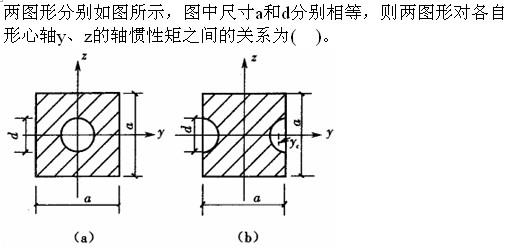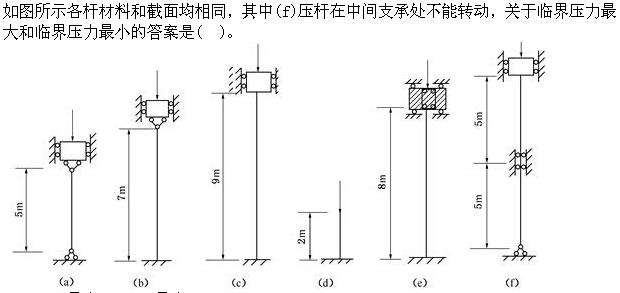Youth unemployment across the world has climbed to a new high and is likely to climb further this year, a United Nations agency said Thursday, while warning of a “lost generation” as more young people give up the search for work.
The agency, the International Labor Organization, said in a report that of some 620 million young people ages 15 to 24 in the work force, about 81 million were unemployed at the end of 2009—the highest level in two decades of record-keeping by the organization, which is based in Geneva.
“There’s never been an increase of this magnitude — both in terms of the rate and the level — since we’ve been tracking the data,” said Steven Kapsos, an economist with the organization. The agency forecast that the global youth unemployment rate would continue to increase through 2010, to 13.1 percent, as the effects of the economic downturn continue. It should then decline to 12.7 percent in 2011.
In some especially strained European countries, including Spain and Britain, many young people have become discouraged and given up the job hunt, it said. The trend will have “significant consequences for young people,” as more and more join the ranks of the already unemployed, it said. That has the potential to create a “‘lost generation’ comprised of young people who have dropped out of the labor market, having lost all hope of being able to work for a decent living.”
The report studied the German, British, Spanish and Estonian labor markets and found that Germany had been most successful in bringing down long-term youth unemployment. In Spain and Britain, increases in unemployment were particularly pronounced for those with lower education levels.
Data from Eurostat, the European Union’s statistical agency, show Spain had a jobless rate of 40.5 percent in May for people under 25. That was the highest level among the 27 members of the European Union, far greater than the 9.4 percent in Germany in May and 19.7 percent
联合国一组织周二称,全球年轻人失业率再创新高,而且这种趋势将在今年继续延续下去。他们警告说,越来越多的年轻人放弃寻找工作,将导致失迷一代数量激增。
国际劳工组织在其报告中称,全球15岁到24岁之间的6.2亿年轻工人中,2009年末大约有8100万人失业,这是总部位于日内瓦的劳工组织20年以来的最高纪录。
国际劳工组织经济学家史蒂文·凯普索斯说:“自从我们开始追踪年轻人失业数据以来,从未见过数量如此之大、比例如此之高的失业现象。”该机构预测,在全球经济持续低迷的影响下,年轻人2010年下半年失业率将继续上升,最后可能达到13.1%。不过到2011年,这一比例应该可以降到12.7%以下。
在情况特别严峻的欧洲国家,比如西班牙和英国,许多年轻人已经对寻找工作气馁,甚至放弃了找工作。这种趋势将对年轻人造成严重影响,可能越来越多的年轻人加入到失业者行列。这些退出劳动市场、对寻找工作过上体面生活失去希望的年轻人,将成为新的迷失一代。
报告研究了德国、英国、西班牙以及爱沙尼亚等国的劳动市场,发现德国在处理年轻人长期失业方面最成功。西班牙和英国,那些受教育程度低的年轻人失业率增长明显。
来自欧盟统计局的数据显示,5月份,西班牙25岁以下人口失业率已经达到40.5%,这是欧盟27个成员国中比例最高的。德国5月恩的失业率为9.4%,英国3月失业率为19.7%。


政府的基本属性是( )。
女性,61岁,3h前上楼时突发胸骨后疼痛,伴出汗,不能缓解,既往无冠心病病史,排除心梗发生的实验室检查首选的标志物是
血浆凝固酶试验阳性的是
关于肠球菌,错误的是
检查高压灭菌器的灭菌效果时用的生物指标是
不宜冷藏的细菌是
下列哪项试验不是凝集试验
关于临床血清酶活力测定的下列叙述哪项是错误的